Only One Change Proposed for Georgia’s 2025-2026 Statewide Hunting Regulations
The Georgia Department of Natural Resources (DNR) is inviting public input on proposed changes to hunting regulations for the 2025-2026 seasons. This process, which happens every two years, plays a crucial role in shaping the state’s wildlife management policies and ensuring the sustainable use of Georgia’s natural resources.
Proposed Change
The only change to the 2025-2026 Georgia Hunting Regulations that impacts the entire state is for teal hunting. The US Fish and Wildlife Service has shortened the early teal season by 6 days due to declines in the overall teal population. The opening date and bag limits will remain the same.
The dates for that hunt for 2025 will be September 13-21.
Public Meetings and Comment Opportunities
For the 2025-2026 hunting seasons, the WRD has scheduled seven public meetings in January to solicit feedback on proposed regulation changes. Interested citizens can attend in person or participate in a virtual meeting. The meeting schedule is as follows:
| Date | Time | Location |
|---|---|---|
| 1/13/2025 | 7 P.M. | Virtual Public Meeting on the Georgia WRD Facebook Page |
| 1/14/2025 | 7 P.M. | Augusta Technical College: Burke Auditorium (216 GA-24, Waynesboro, GA 30380) |
| 1/14/2025 | 7 P.M. | North Georgia Technical College: Conference Center (121 Meeks Ave., Blairsville, GA 30512) |
| 1/15/2025 | 7 P.M. | Cartersville Civic Center (435 West Main Street, Cartersville, GA 30120) |
| 1/15/2025 | 7 P.M. | Coastal Pines Technical College-Jesup Campus (1777 W Cherry Street, Jesup, GA 31545) |
| 1/16/2025 | 7 P.M. | Oakland Library and Conference Center-The Bindery at Oakland (445 Oakland Pkwy, Leesburg, GA 31763) |
| 1/16/2025 | 7 P.M. | Dodge County Public Fishing Area (325 Dodge Lake Road, Eastman, GA 31023) |
Additional Ways to Submit Comments
For those unable to attend a meeting, the WRD provides several alternative methods for submitting comments:
- Email: Send comments to gm.comments@dnr.ga.gov.
- Telephone: Call 706-557-3350.
- Written Statements: Mail statements to:Department of Natural Resources Wildlife Resources Division Attn: Game Management Section 2067 U.S. Highway 278, S.E. Social Circle, Georgia 30025
The deadline for all comments is January 31, 2025.
The Regulatory Process
The process for updating hunting regulations is a collaborative effort involving public input, scientific data, and oversight by the Board of Natural Resources. Every two years, the Wildlife Resources Division (WRD) of the DNR organizes public meetings to gather feedback from hunters and other stakeholders. This input informs the WRD’s recommendations to the Board of Natural Resources, which has the authority to enact new regulations.
The timeline for the regulatory process includes several key steps:
- January: Public meetings are held statewide to gather initial input. Feedback can also be submitted electronically, in writing, or by phone.
- February: WRD biologists and field staff submit regulation proposals.
- March: The Board of Natural Resources reviews and tentatively approves proposals.
- April: A 30-day public notice period allows for additional comments, with three public hearings held to discuss the proposals.
- May: The Board takes formal action on the proposed regulations.
- June-July: The annual Hunting Seasons and Regulations booklet is developed and published.
- August: The booklet becomes available online, at DNR offices, and through retail outlets.
Why Your Input Matters
Hunting regulations are designed to balance wildlife conservation with recreational opportunities. They are developed using sound wildlife management principles and aim to reflect public objectives for the use of Georgia’s renewable natural resources. By participating in the regulatory process, hunters and other stakeholders can ensure their voices are heard and help shape the future of hunting in Georgia.
Stay informed by visiting the DNR’s Proposed Regulations webpage and attending a public meeting. Your input is invaluable in maintaining Georgia’s rich hunting heritage while promoting sustainable practices for future generations.

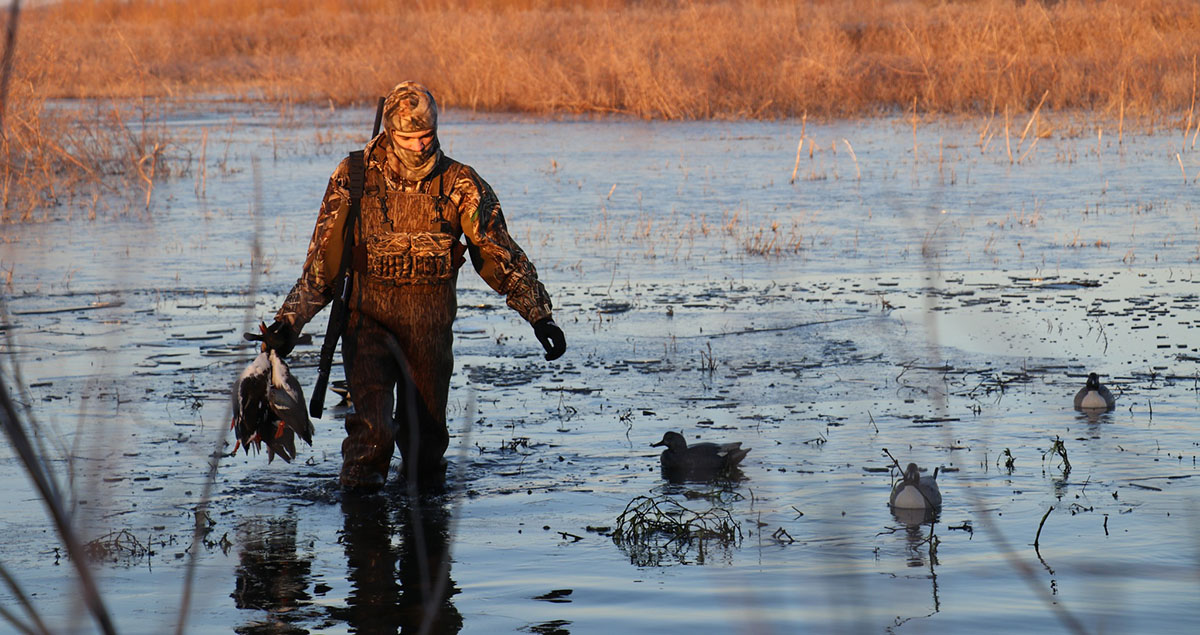
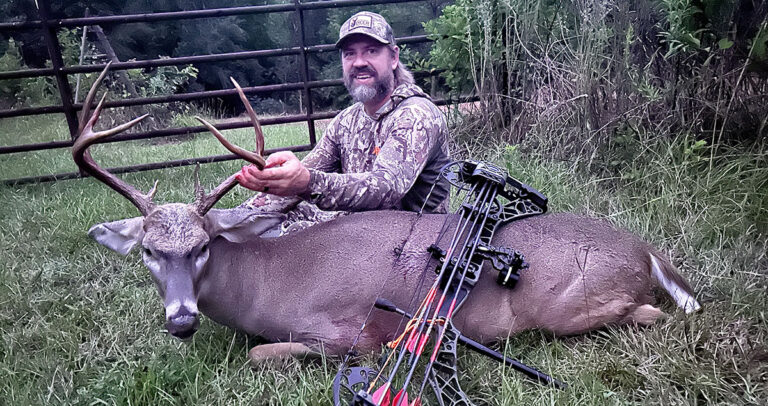
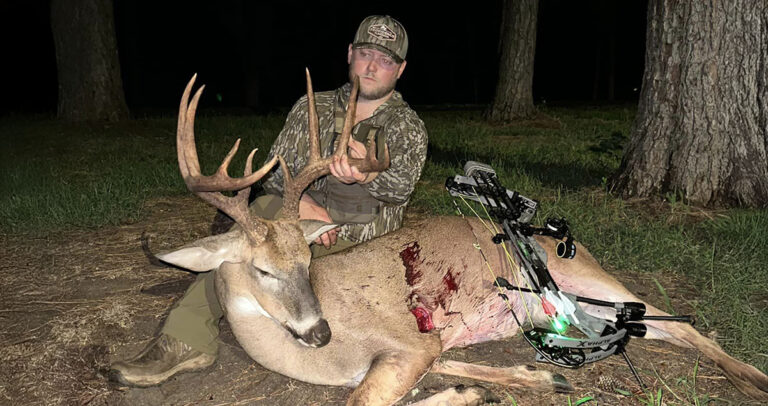
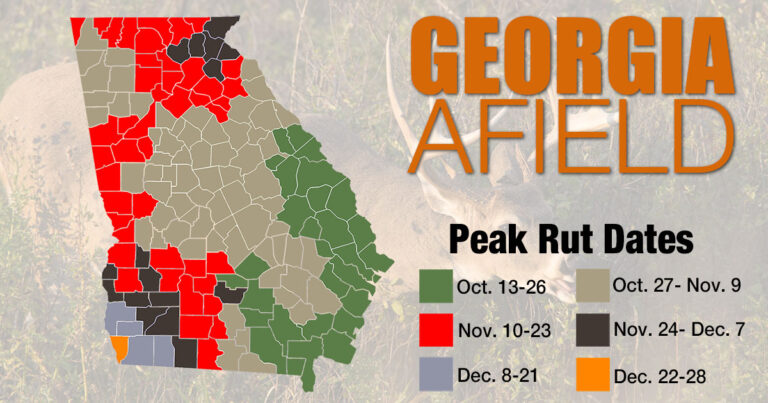
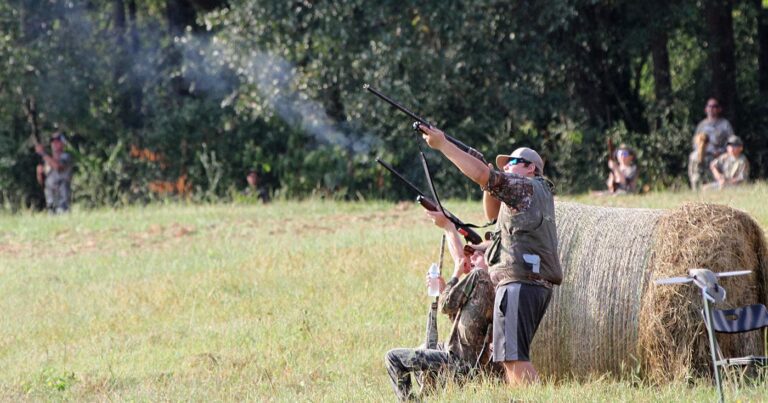
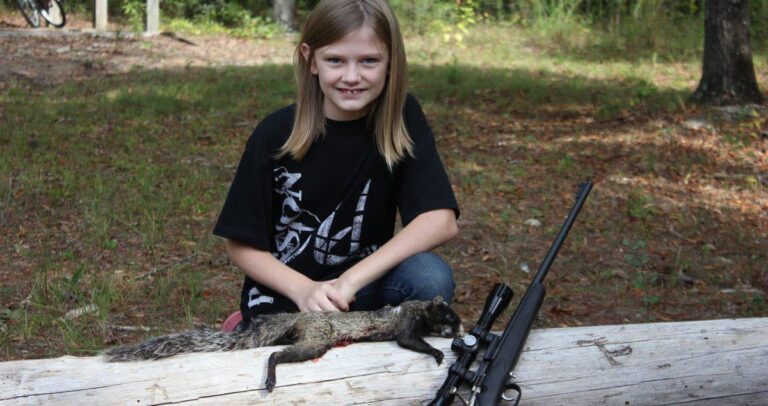
So what is really going on. I received the email after all the meeting have been held. Is this the normal thing that yall do. Appears so.
Dale, we’re not associated with the Georgia DNR. We just report the news. And I agree, the meetings didn’t seem to get much press ahead of time. But you still have time to submit your comments through email, as I will be doing.